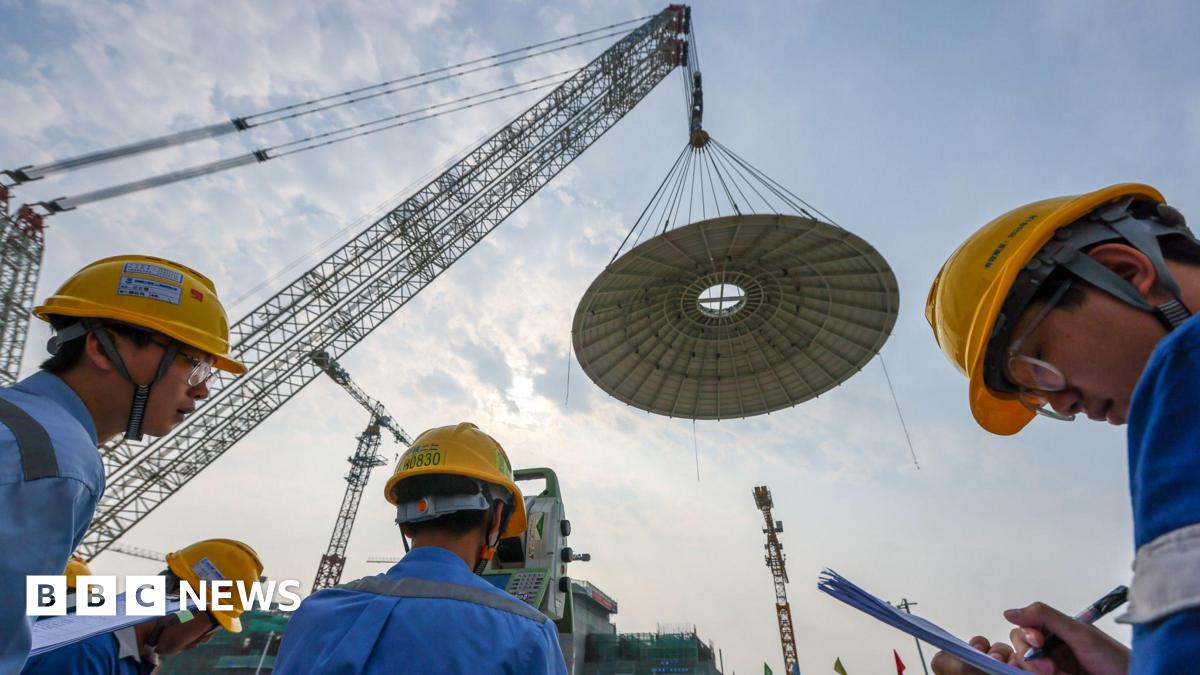Powering Britain's Future: Why the UK is Betting Big on Small Nuclear Reactors

The UK is making a significant move towards bolstering its energy security and achieving net-zero targets with a bold investment in small nuclear reactors (SMRs). Rolls Royce has been chosen to spearhead this initiative, aiming to build the nation’s first SMR power stations. But what exactly are SMRs, and why is the UK so keen to embrace this technology?
What are Small Modular Reactors (SMRs)?
Unlike traditional, large-scale nuclear power plants, SMRs are significantly smaller – typically generating up to 300 megawatts of electricity, compared to the 1,000+ megawatts produced by conventional reactors. The 'modular' aspect is key: these reactors are designed to be manufactured in factories and then transported and assembled on-site. This contrasts sharply with the traditional, bespoke construction of large nuclear plants, which can be incredibly time-consuming and expensive.
Why the UK's Interest? A Multifaceted Approach
The UK’s enthusiasm for SMRs isn't just about generating electricity; it's about a comprehensive strategy addressing several critical needs:
- Meeting Growing Energy Demands: As the UK's population and economy grow, so does the demand for electricity. SMRs offer a reliable, low-carbon source of power to meet this increasing need.
- Faster Development: The modular design drastically reduces construction timelines. Factory fabrication allows for parallel construction activities, shortening the overall project duration compared to traditional nuclear builds. This is crucial in a world facing urgent climate challenges.
- Job Creation: The SMR program is expected to create thousands of highly skilled jobs in manufacturing, engineering, and operations, boosting the UK's economy and providing valuable training opportunities.
- Energy Security: Diversifying the UK’s energy sources and reducing reliance on imported fuels is a top priority. SMRs offer a domestically produced, low-carbon energy solution.
- Decarbonisation Goals: The UK has ambitious targets for reducing carbon emissions. SMRs contribute significantly to these goals by providing a clean and consistent baseload power supply.
Rolls Royce and the Future of UK Nuclear
Rolls Royce's selection signifies a major vote of confidence in the UK’s nuclear capabilities. Their design for an SMR utilizes established technology with enhanced safety features. The project involves collaboration with other companies and research institutions, fostering innovation and expertise within the UK nuclear industry. The initial focus is on deploying SMRs at existing nuclear sites, leveraging existing infrastructure and minimizing environmental impact.
Challenges and Considerations
While the potential benefits of SMRs are substantial, challenges remain. These include securing financing, navigating regulatory approvals, and ensuring robust waste management solutions. Public perception of nuclear power also needs to be addressed through transparent communication and engagement.
Conclusion
The UK's investment in SMRs represents a pivotal moment in the nation's energy transition. By embracing this innovative technology, the UK aims to secure a cleaner, more reliable, and more affordable energy future, while simultaneously creating jobs and bolstering its economic competitiveness. The journey won't be without its hurdles, but the potential rewards – a stronger, more sustainable UK – are well worth the effort.






